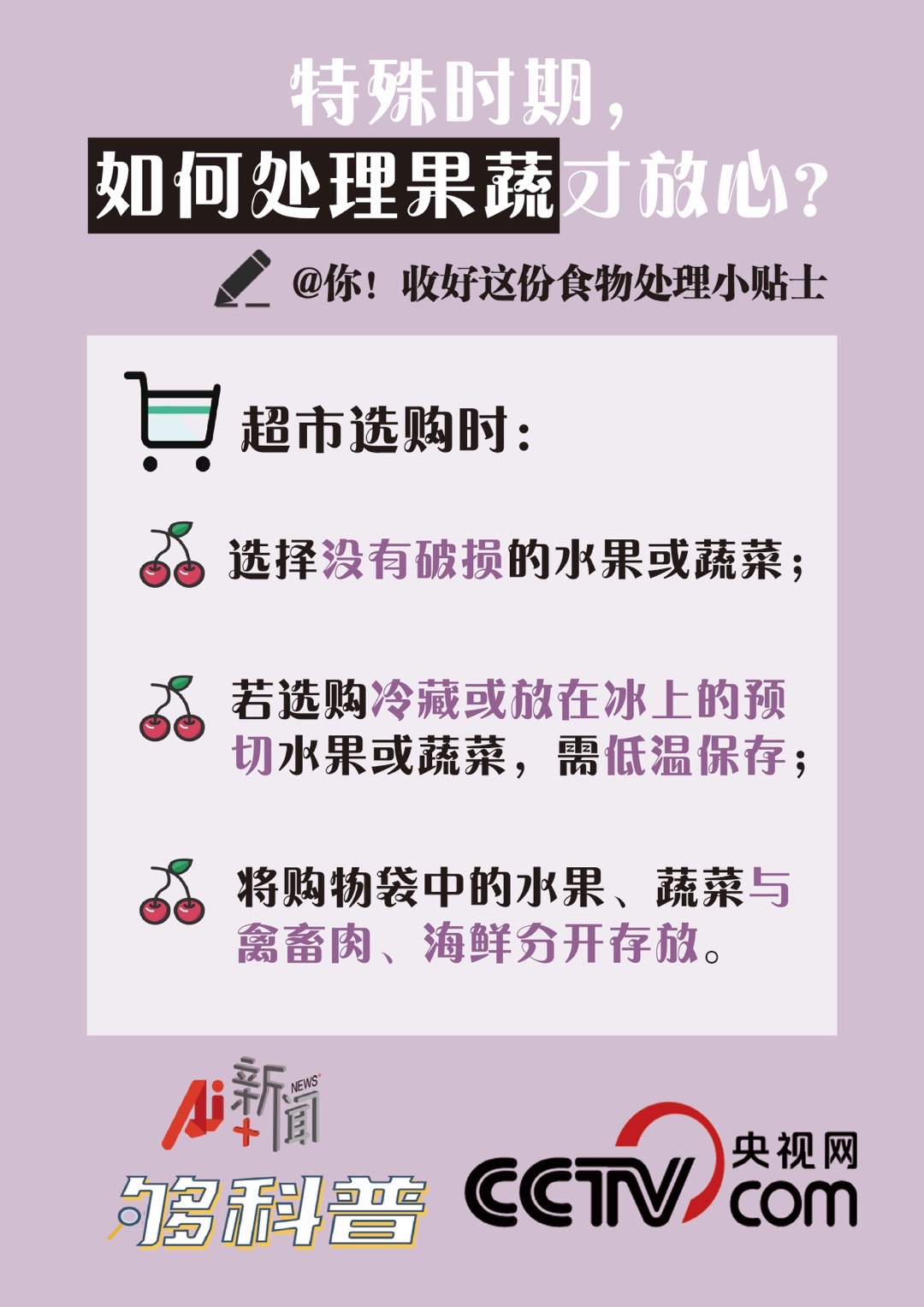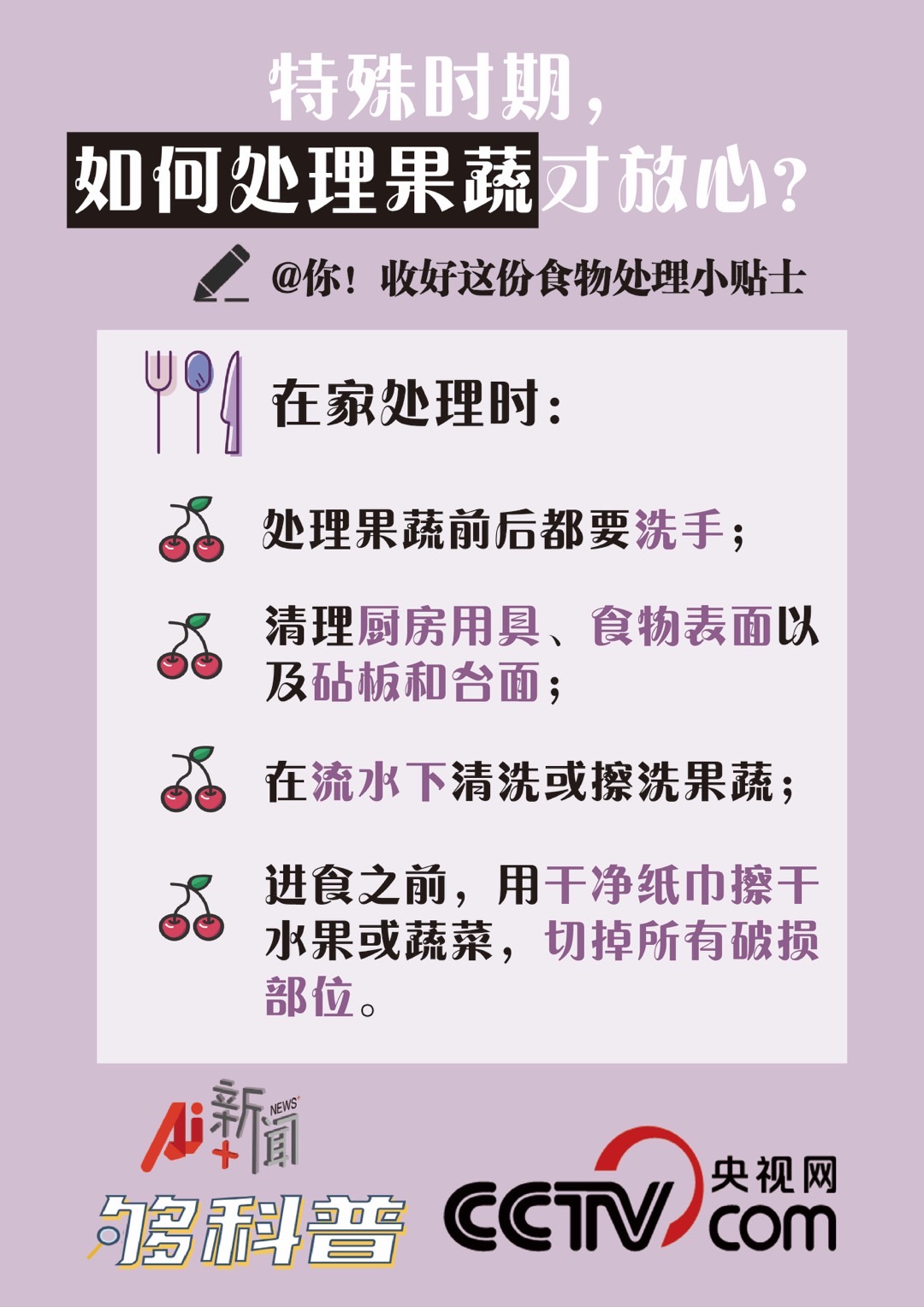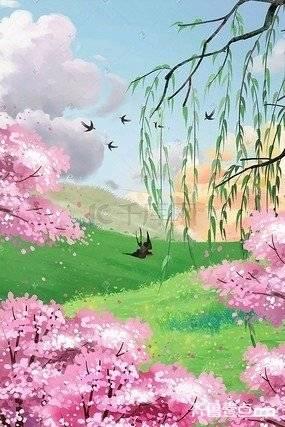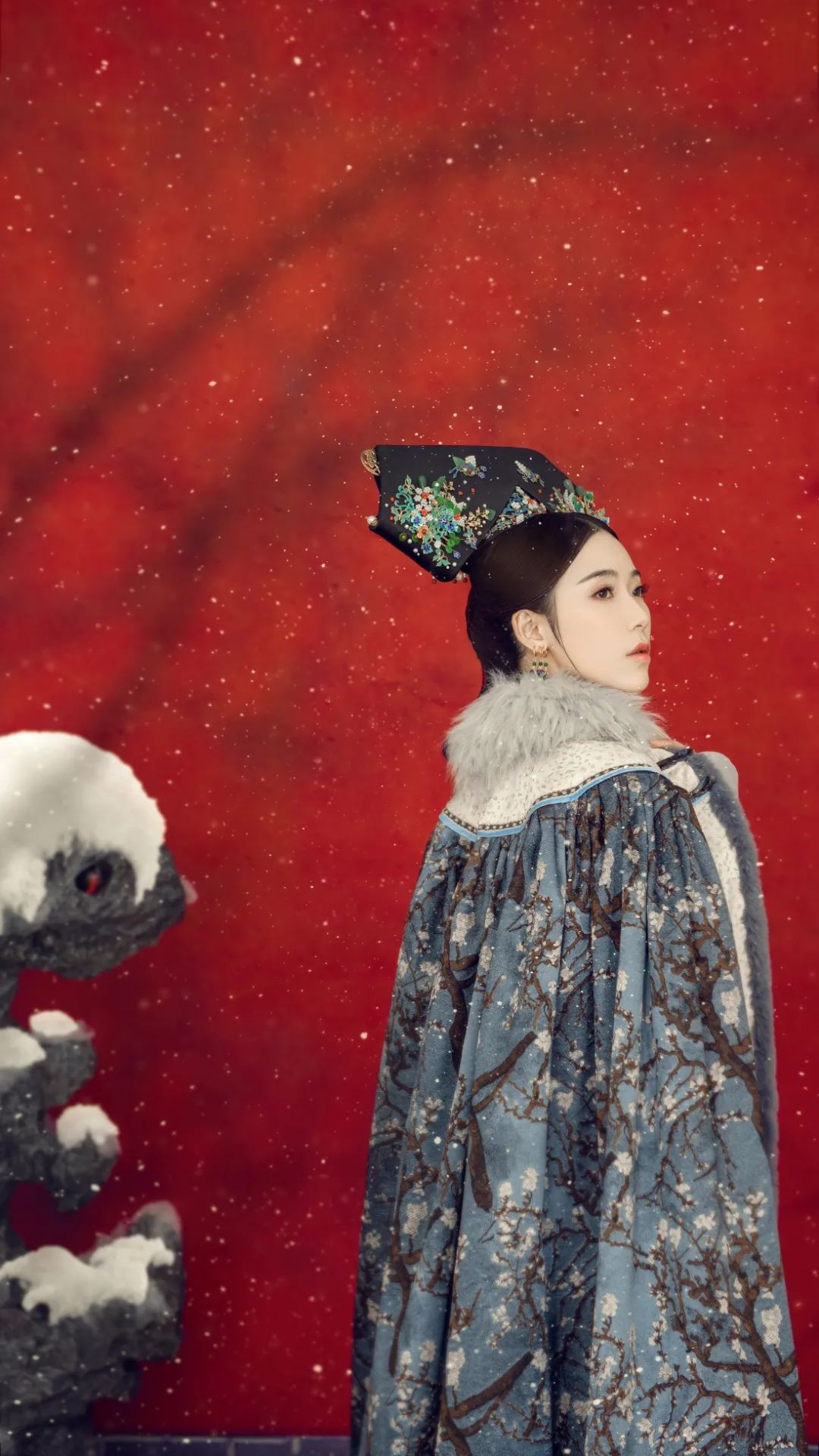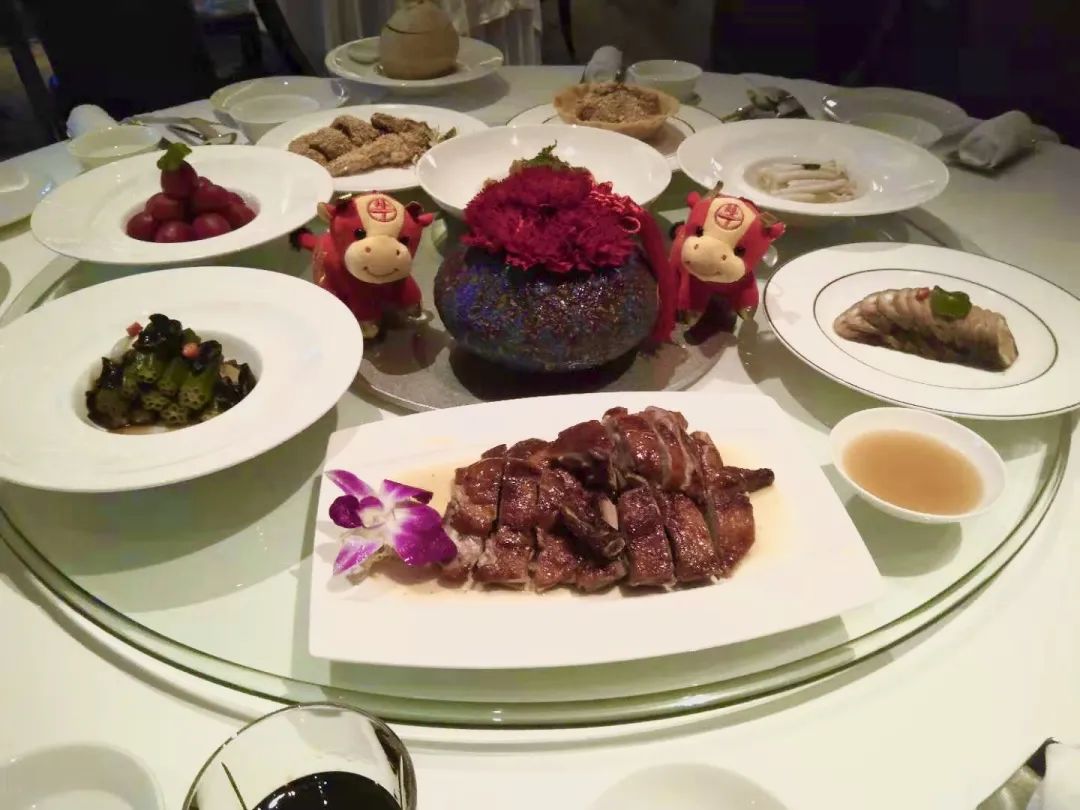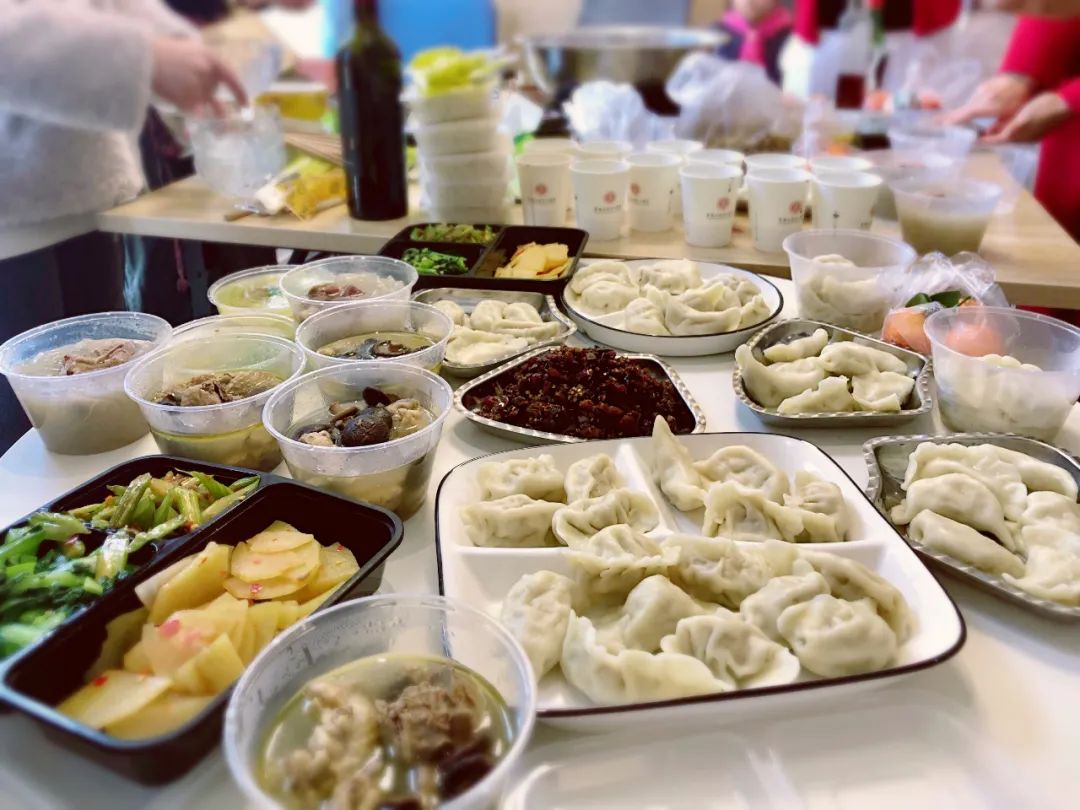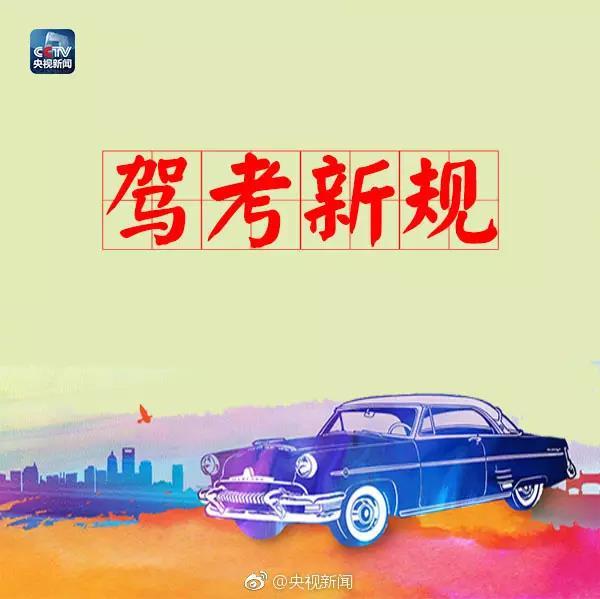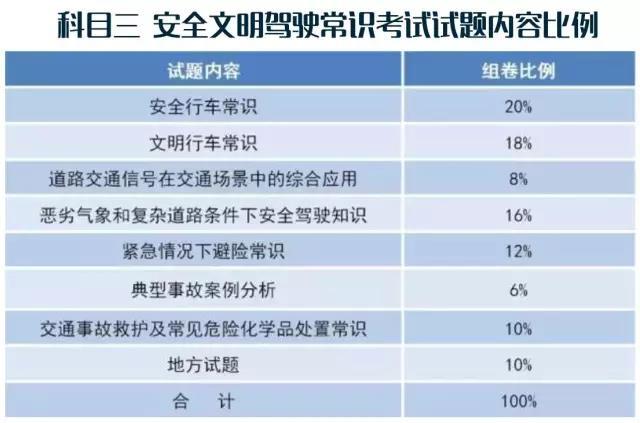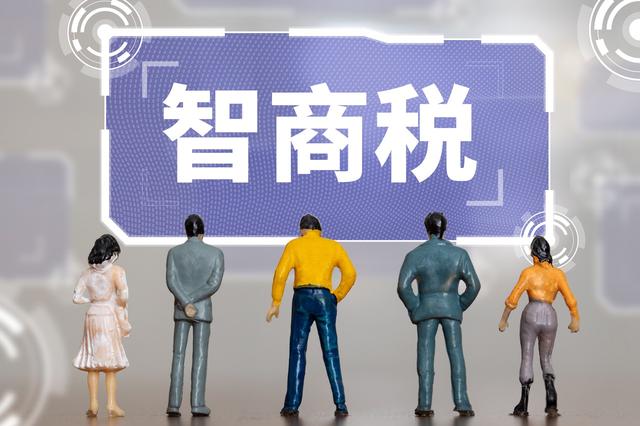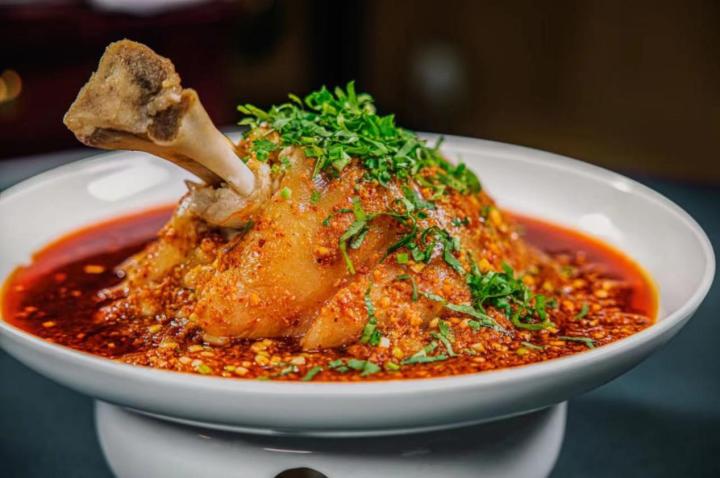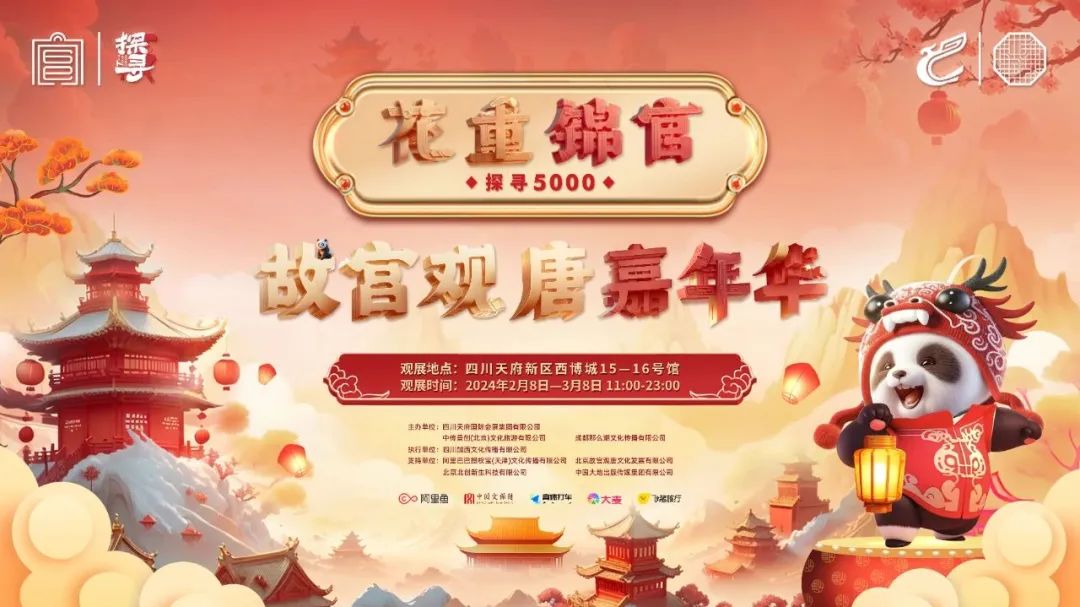The Olympic menu no longer has ridiculous English translations.

Husband and wife lung film (data picture)
Starting from June 12th, all three-star hotels in the eighth district of Beijing can get the English Translation of Chinese Menu from the Catering Management Office of the Tourism Bureau, and more than 2,300 Chinese dishes finally have their own fixed names. From now on, foreigners coming to Beijing will no longer be "on tenterhooks" about ordering Chinese food. However, the English translation of these Chinese dishes has gone through a difficult process from ridiculous to standardization and regularization. The English translation of Chinese food used to be ridiculous.
Chen Lin, a professor at Beijing Foreign Studies University, is a core member of the translation team of "Olympic Menu", and he participated in the translation of "Olympic Menu" all the time. When he and his colleagues saw the ironic English translations of many Chinese dishes, they felt a heavy sense of mission while laughing.
"The standardization of English translation of Chinese food began in 2006." Chen Lin said, "At that time, the Beijing Foreign Affairs Office and Tourism Bureau organized some old professors and started this work in cooperation with the translation room of the Ministry of Foreign Affairs. We collected more than 6,000 kinds of China dishes, then reduced them to more than 2,600 kinds, and finally determined more than 2,300 kinds for translation. " Experts who have been engaged in foreign language teaching and research for many years, such as Chen Lin, couldn’t help laughing after seeing the original English translations of these Chinese dishes.
For example, "Mapo Tofu" is translated into "bean curd made by a pock-marked woman" (tofu made by a woman with freckles); "Husband and wife's lungslice" is translated into "hubband and wife’s lung slice"; "Broiler" is translated into "Chicken without sexual life" (chicken without sexual life), and these English translations are reported by the media as news.
"There are many others. For example,’ Braised lion’s head’ is literally translated. Like’ husband and wife lung slices’, who dares to order such a dish from a foreigner who doesn’t know?" Chen Lin said with a smile, "To this end, we have formulated seven principles for the translation of dish names, including trying to keep the cultural color contained in the dish names, expressing the raw materials, tastes and practices of the dishes, trying to keep the commonly known names as agreed, trying to be concise and to the point, and then dealing with special situations." Now, the above Chinese dishes finally have an official name in English. MapoTofu is transliterated as Mapo Tofu, Broiler Chicken is literally translated as Steamed Spring Chicken, and Braised Pork Balls in SoySauce is translated as Braised Pork Balls according to raw materials and production methods. Similarly, "Husband and wife lung slices" is translated into "Beef and Ox Tripe in Chili Sauce" (beef and tripe in Chili sauce).
Experts also argue in the process of translation.
Since it is a translation, there is bound to be an argument. "This is normal." Chen Lin said, "For example, some people translate it into delicious pork meatballs, and some people translate it into sour and sweet meatballs. After discussion, we finally think that the later translation is more appropriate, so the English translation that appears on the menu is the pinyin of" Gollum Meat "in front and the taste" ‘Sweet and Sour Pork with Fat‘ "in the back. "Chen Lin said that all the people involved in the Chinese-English translation of this dish name are equal, and anyone’s opinion may be rejected. "For example, one translation of’ shredded pork with fish flavor’ is’ pork strips with fish flavor’, but some people suggest that’ fish flavor’ doesn’t seem to have a fixed taste, which makes sense. Although I agree with the above translation, I followed everyone’s meaning and finally translated this dish into’ pork strips with sweet and sour taste’."
"The name of the dish can’t be too long. Our primary purpose is to let foreigners know the raw materials, tastes and practices. The China culture contained in the name of the dish can only be covered as much as possible. It is impossible to list long paragraphs on the menu to explain the origin of’ kung pao chicken’ or’ crossing the bridge rice noodles’. The spread of China culture and China food culture is indeed very important, but we hope that these will become the conversation materials at the dinner table. For example, through the introduction of tour guides, the mission of spreading food culture should be better. "
Therefore, on the menu, all the dishes with the word Gong Bao are prefixed with "KungPao", and the most common translation is "practice+raw materials+taste", and special circumstances need special treatment. "For example,’ Buddha jumps over the wall’ can’t be translated directly, so you can only use Pinyin, and indicate the materials and practices, so that foreigners can understand it at a glance." Chen Lin said.
The inexplicable translation of the name is more than the name of the dish.
The translation of "Olympic Menu" has aroused great concern, not only in China media, but also in many foreign media. For example, the Washington Post published a full-page report on the Chinese-English translation of the "Olympic Menu" on the front page. They can’t help sighing that they won’t be puzzled by the strange names of dishes when they arrive in China. In fact, it is not just the English translation of Chinese food that puzzles foreigners.
"Before translating the names of dishes, we have done many other translations, including signs and road signs in public places, and we have seen more jokes, such as’ Be careful of falling into the water’ being translated into’ falling into the water slowly’ and’ Don’t trample on the green land’ being translated into’ Greenland’, but this English word refers specifically to’ Greenland’." Chen Lin said.
Chen Lin also used the words of foreign friends to emphasize the importance of standardizing the translation of dish names. Some foreign friends told Chen Lin that it is better not to change some existing translations. For them, these translations are very interesting. In this case, they can communicate with their friends. They even suggested that a related museum should be established.
"When I was interviewed by foreign media, I said that there are historical reasons for this situation in China. Now, these efforts we have made for the Olympic Games are to provide convenience for them and also reflect the overall English level of our country, so it is very meaningful to do this work. " Chen Lin said.
Editor: Li Erqing




